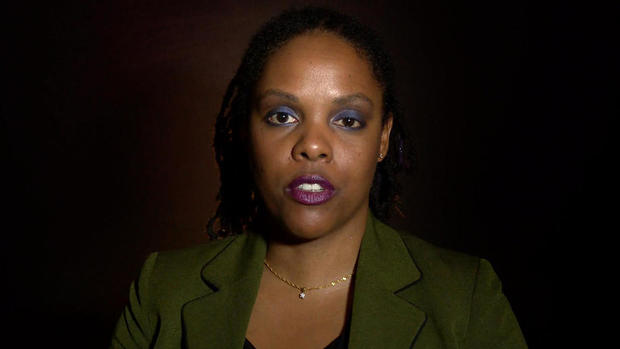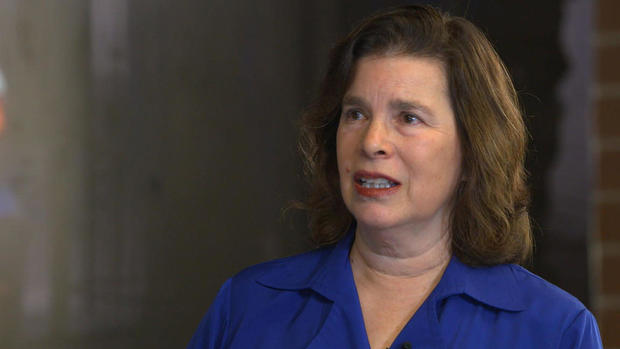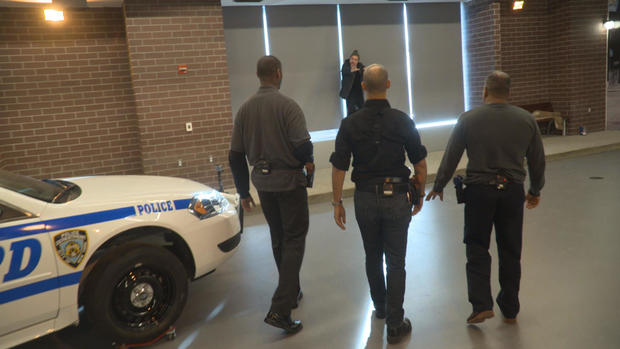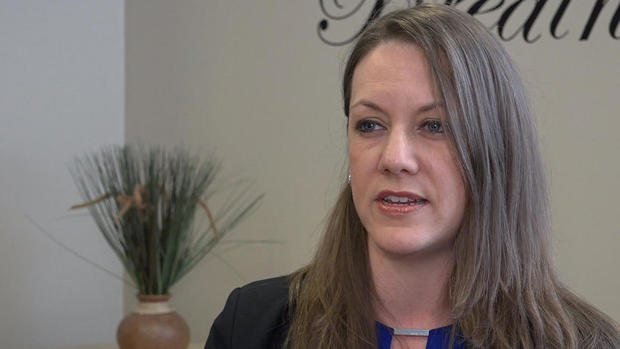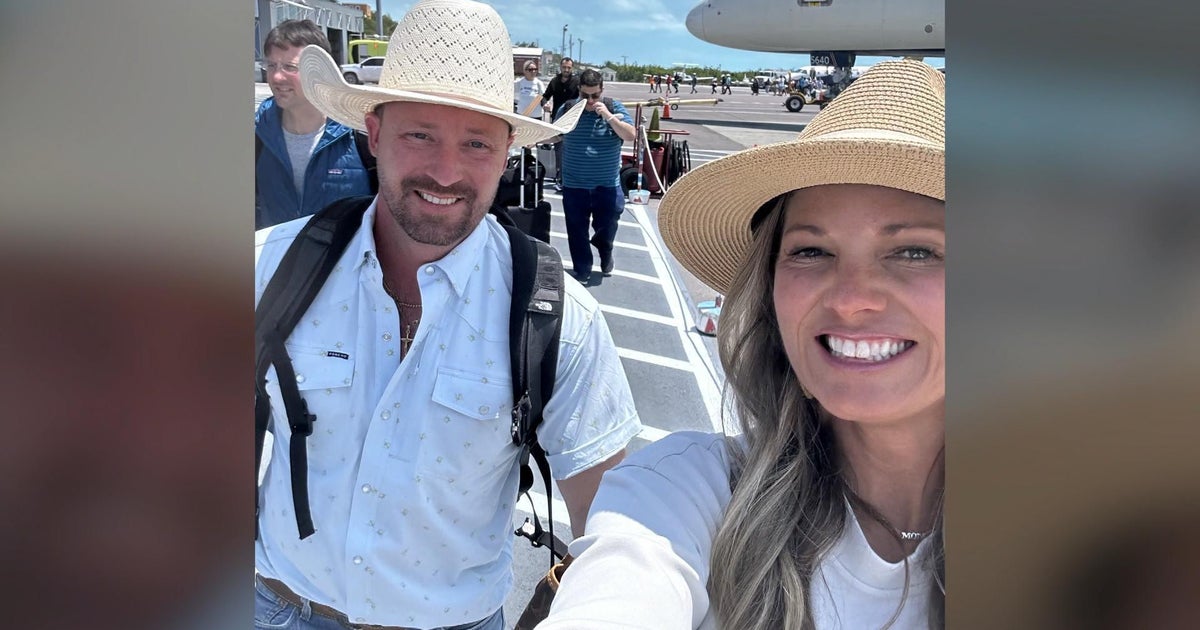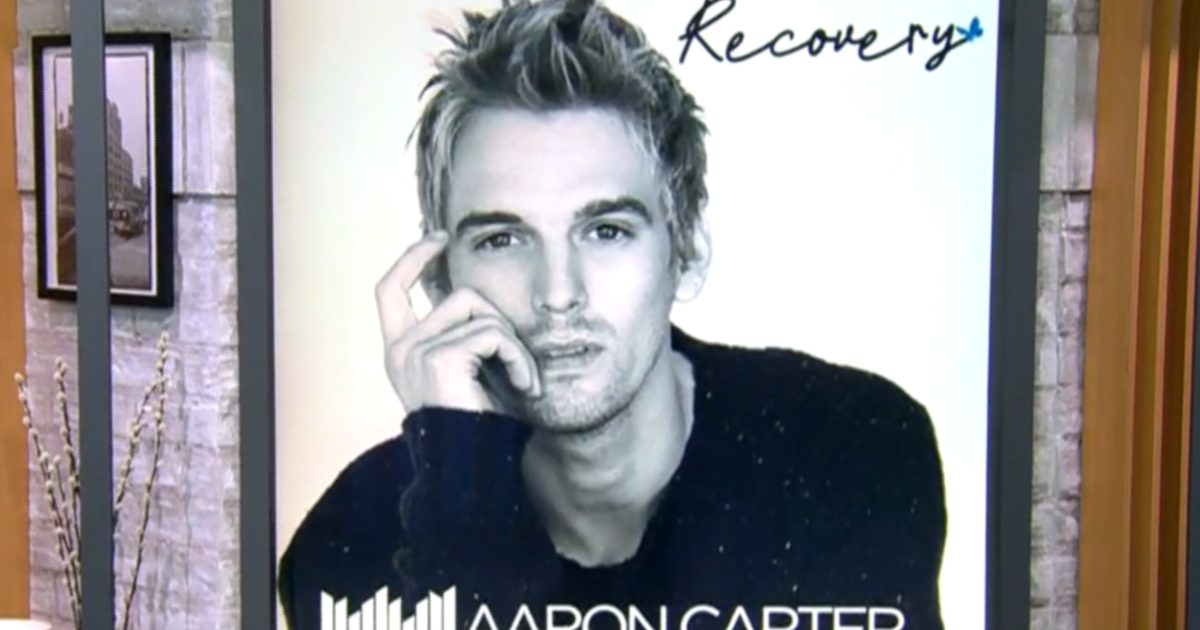State of Mind Episode 4: Training to deal with mental illness
"CBS Evening News Uncharted: State of Mind" is a new five-part digital series airing in May with new episodes released every Wednesday. The series will examine the state of mental health care in America in conjunction with Mental Health Awareness Month. More than 43 million Americans suffer from mental illness.
- State of Mind Episode 1: Where we are as a nation
- State of Mind Episode 2: Hidden battles
- State of Mind Episode 3: To suffer in silence
- State of Mind Episode 5: Out of the depths
More than half of all prison and jail inmates in the U.S. have mental health issues, according to a study by the Justice Department. Police departments and hospitals throughout the country are working to change the way they interact with mentally ill individuals to keep them out of the criminal justice system.
"It's very important that police are trained on how to handle that situation, so instead of it ramping up to be a problem, it calms down to be something that is not going to end up as a crime committed," said U.S. Rep. Tim Murphy (R-PA), who is a practicing psychologist.
To properly deal with someone who is mentally ill, Dr. Glenda Wren of the Kennedy Center for Mental Health said that "we need to have police officers that are trained to properly recognize mental health presentations and then have a place to refer people to [for treatment]."
A 2015 Washington Post study found that as many as one in four people killed in officer-involved shootings were mentally ill. Many police departments across the country have implemented Crisis Intervention Training (CIT) to prepare officers' encounters with mentally ill individuals.
In 2016 alone, the NYPD received approximately 157,000 calls involving someone in a mental health crisis.
"The whole idea was how do we keep people out of the criminal justice system, who don't need to be in there, to resolve whatever issue they have," said Susan Herman, the NYPD deputy commissioner for collaborative policing.
The New York City program was created out of Mayor Bill de Blasio's 2014 Task Force on Behavioral Health and the Criminal Justice System. Currently, the NYPD has trained over 5,000 out of their 35,000 uniformed officers in CIT.
A panel of community members who struggle with mental illnesses helps advise the NYPD and participate in the department's CIT training. CBS News attended a recent session.
Leonard, one of the panel's members, told the officers "we depend on you to protect us, even if we don't know we want you to protect us or we're not prepared for you to protect us."
Ron, another panelist, added that officers should reach out to someone who is emotionally disturbed and work on "making that connection, even if it's just 'hey do you need a bottle of water?' 'Hi how are you feeling today?'"
"Making those little connections add up. They will recognize on some level that you were the person who helped them out and that will account for a lot as they progress," he said.
Hospitals and their employees are also on the front lines of dealing with people who have behavioral health issues. In New York, the jail system is the second biggest provider of mental health services, according to Kristy Loewenstein, director of nurse education for Zucker Hillside Hospital, an inpatient psychiatric facility in Queens, New York.
Many hospitals are now regularly training to handle patients that have behavioral health issues. First and foremost hospital staff wants to avoid using physical force to de-escalate a situation.
"Our words are the best tools that we have. If we can become really proficient at verbally de-escalating patients, we don't have to worry about physically intervening," Lowenstein said.
The NYPD says they aim to have thousands more officers trained in the CIT program within the next three years.
If your community is interested in creating a crisis intervention team, contact the National Alliance on Mental Illness at 800-950-NAMI, or click here.
